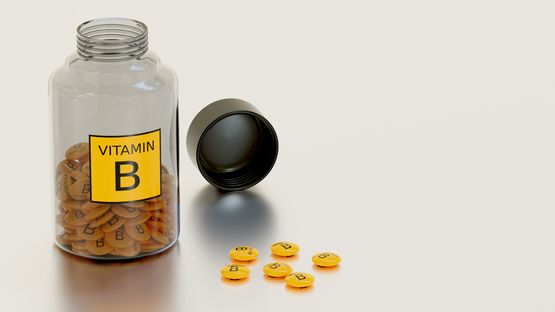Steroids: Pharmacological Insights and Applications
Steroids are a class of organic compounds that play significant roles in various biological processes. Their pharmacological applications span across multiple domains, including medicine, sports, and bodybuilding. While often stigmatized due to misuse in athletic contexts, steroids have legitimate medical uses that are crucial for patient care. This article delves into the pharmacological aspects of steroids, their therapeutic applications, potential side effects, and considerations for safe use.
Understanding Steroids
Steroids are categorized based on their chemical structure and biological function. They can be broadly divided into two main categories:
- Corticosteroids: These are produced by the adrenal cortex and include hormones such as cortisol. They primarily regulate metabolism and the immune response.
- Anabolic steroids: Synthetic derivatives of testosterone, designed to promote muscle growth and enhance physical performance.
Mechanism of Action
The pharmacological action of steroids involves intricate interactions within the body. When steroids enter the bloodstream, they bind to specific receptors located in various tissues. This binding triggers a cascade of biochemical events that ultimately lead to changes in gene expression. Some of the key mechanisms include:
- Increased protein synthesis: Anabolic steroids stimulate muscle tissue growth, enhancing recovery and performance.
- Anti-inflammatory effects: Corticosteroids reduce inflammation and suppress the immune system, useful in treating conditions like arthritis and asthma.
- Metabolic modulation: Steroids influence how the body metabolizes fats and carbohydrates, impacting energy levels and weight management.
Steroids are synthetic compounds that mimic the effects of hormones in the body, particularly testosterone. They are widely used in medicine to treat a variety of conditions, such as inflammation, autoimmune disorders, and hormonal imbalances. The pharmacological action of steroids involves binding to specific receptors in cells, which leads to changes in gene expression and a subsequent alteration in cellular function. This can result in increased protein synthesis, reduced inflammation, and modulation of the immune response. For those interested in acquiring steroids for legitimate purposes, it is important to buy legally to ensure safety and compliance with regulations.
Medical Uses of Steroids
Steroids have a wide range of approved medical applications, including but not limited to:
- Autoimmune Conditions: Conditions like lupus and rheumatoid arthritis benefit from corticosteroids to manage inflammation and immune response.
- Hormonal Deficiencies: Hormone replacement therapy, particularly in cases of low testosterone levels in men, utilizes anabolic steroids.
- Asthma and Allergies: Inhaled corticosteroids help manage chronic respiratory conditions by reducing airway inflammation.
- Certain Cancers: Some steroid treatments are used in chemotherapy regimens to alleviate nausea and improve appetite.
Risks and Side Effects
Despite their therapeutic benefits, steroids are associated with a range of potential side effects, particularly when misused or taken without medical supervision. Common side effects include:

- Short-term:
- Weight gain
- Fluid retention
- Insomnia
- Long-term:
- Cardiovascular issues
- Liver damage
- Hormonal imbalances leading to infertility
- Psychiatric effects, including mood swings and aggression (commonly known as «roid rage»)
Considerations for Safe Use
To mitigate risks associated with steroid use, several considerations should be taken into account:
- Consult a Healthcare Professional: Always seek medical advice before starting any steroid regimen.
- Follow Prescribed Dosage: Adhere strictly to the prescribed dosages to minimize side effects.
- Avoid Non-Medical Use: Recreational use or abuse of steroids poses significant health risks.
- Monitor Health Regularly: Regular check-ups and blood tests can help track any adverse effects of steroid use.
Conclusion
The pharmacological landscape of steroids is complex yet fascinating. With their ability to mimic natural hormones, steroids offer invaluable benefits in treating numerous health conditions. However, awareness of their potential side effects and the importance of responsible use cannot be overstated. By adhering to medical guidelines and ensuring safe practices, individuals can harness the benefits of steroids while minimizing risks to their health.


